In a recent video featuring Prime Minister Viktor Orbán alongside other European figures, speakers lay out a stark, uncompromising view of migration, national identity, and the EU’s response. The discussion moves from a simple legal premise about borders to a broader political diagnosis: migration as a demographic and cultural transformation.
What follows are the core arguments these speakers are making, questions they raise about the future of European politics, and the policy choices they urge. Expect direct quotes, concerns about integration and security, and an explicit call for rebellion against EU rules.
The Simple Rule: Borders and Permission
The opening claim is deliberately plain: “If you would like to defend your country, there is only one single regulation… nobody can step into the territory of the country without getting permission. You have to wait outside.” That assertion frames migration not as a humanitarian or economic issue first, but as a legal and territorial boundary that must be enforced.
The speaker repeats the legal simplicity: “To cross the borderline without permission is a crime. Full point. It’s over.” This is portrayed as the foundational rule from which all other migration policy should follow.
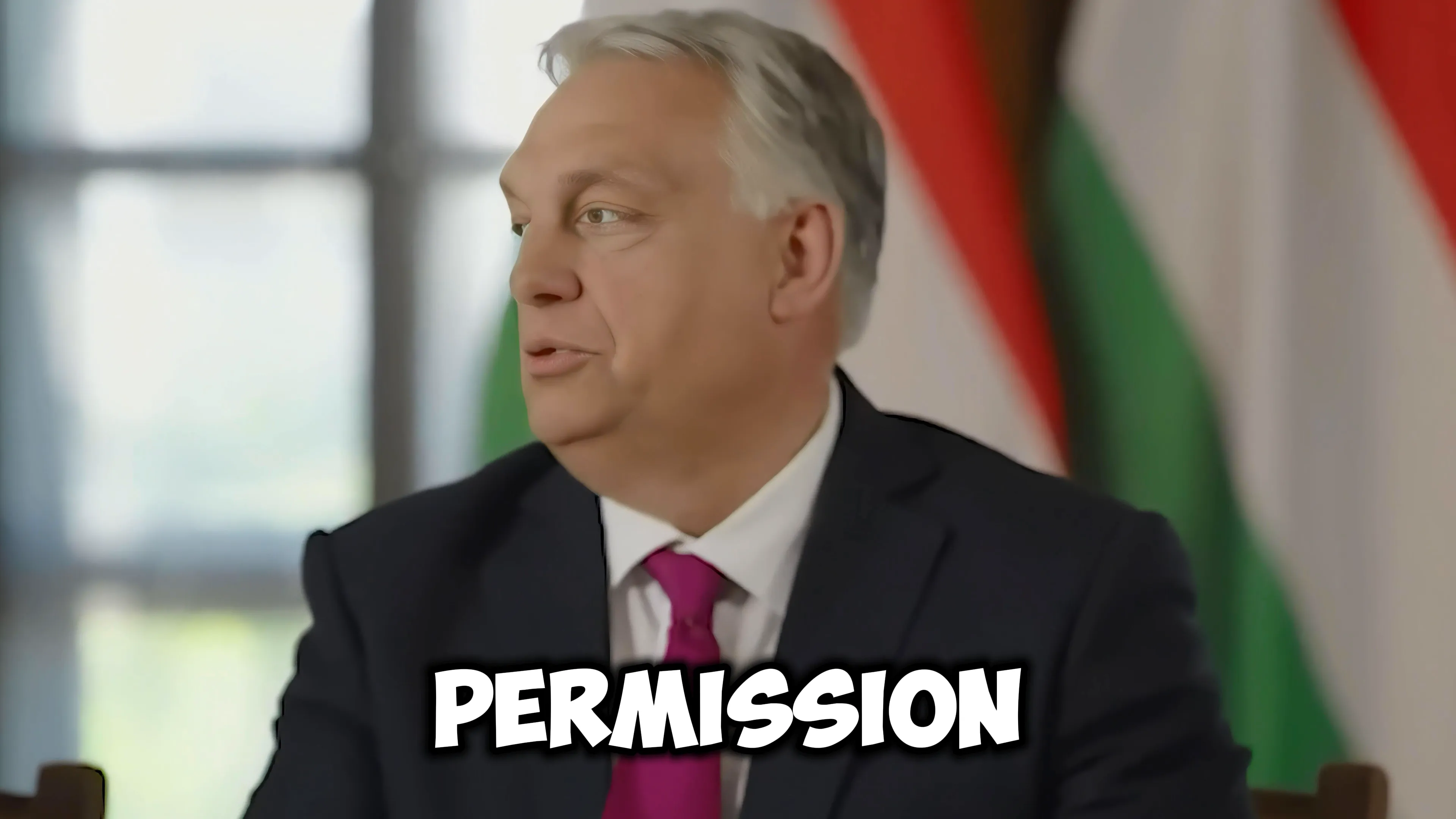
Migration as Demographic Change and Political Strategy
From that border premise, the argument quickly shifts to politics: migration is described as a process that changes societies by replacing “the original native-born voters with somebody else.” The claim is that large-scale migration functions as a political strategy that alters voter demographics and the balance between political traditions.
Prime Minister Orbán summarizes a long-standing European contest as “two tribes”: one that wants to preserve the traditional frame—nation, freedom, Christianity—and another, the left, which seeks to reshape the nation, family, and cultural foundations. The arrival of newcomers, described in the video as largely Muslim, is presented as tipping this contest in favor of those seeking radical political change.
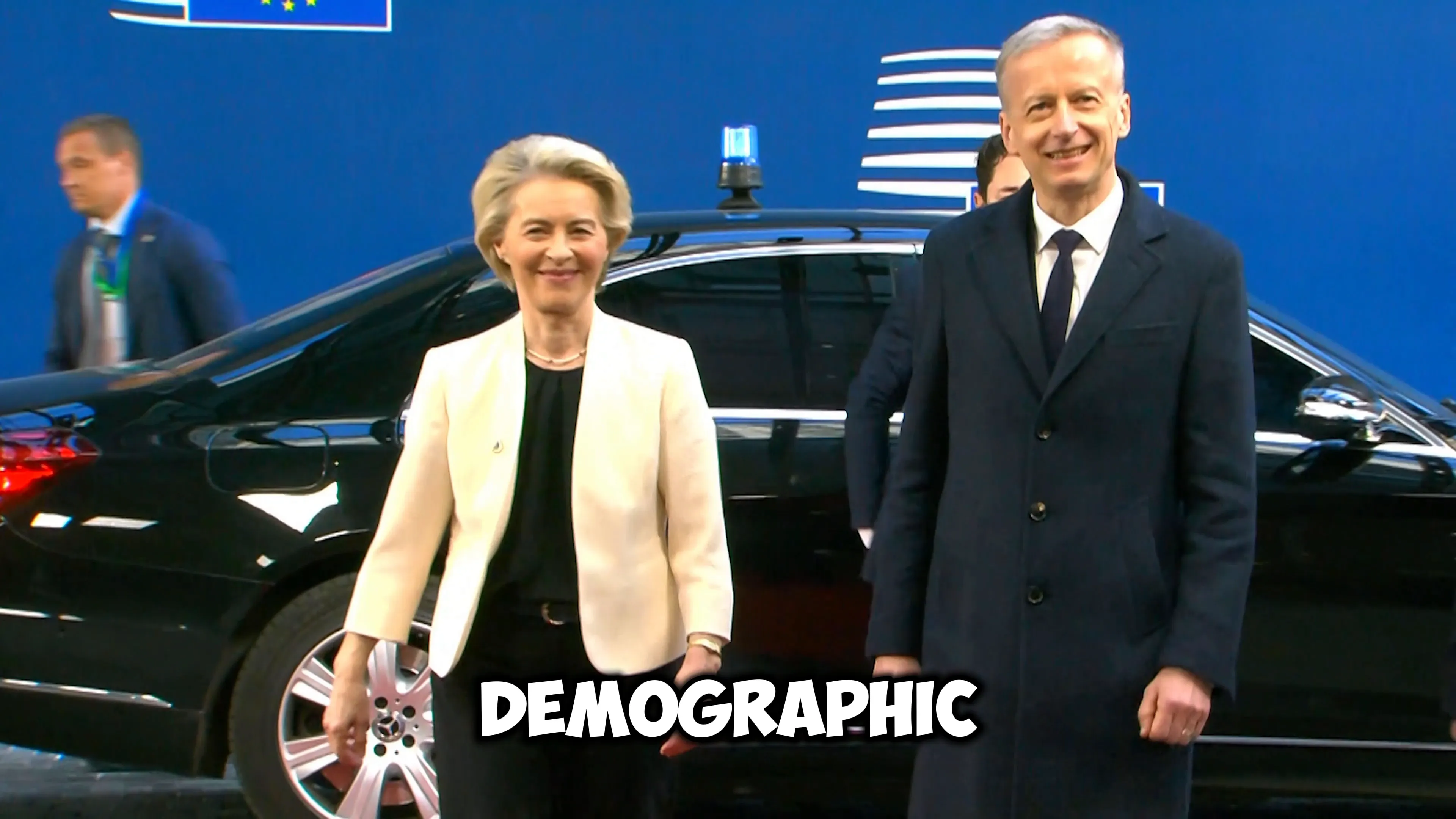
Voices from Brussels, Washington and National Capitals
The video intersperses other voices to contrast views from Brussels and beyond. A narrator describes the European left as having “pushed for a demographic transformation through large-scale migration,” while Ylva Johansson is quoted: “On the Pact of Migration and Asylum, we are making progress and I’m optimistic.”
Former U.S. President Donald Trump’s blunt intervention appears as well: “On immigration, you better get your act together or you’re not gonna have Europe anymore… you gotta stop this horrible invasion.” That line is used to underline transatlantic alarm and the sense of crisis the speakers want to convey.
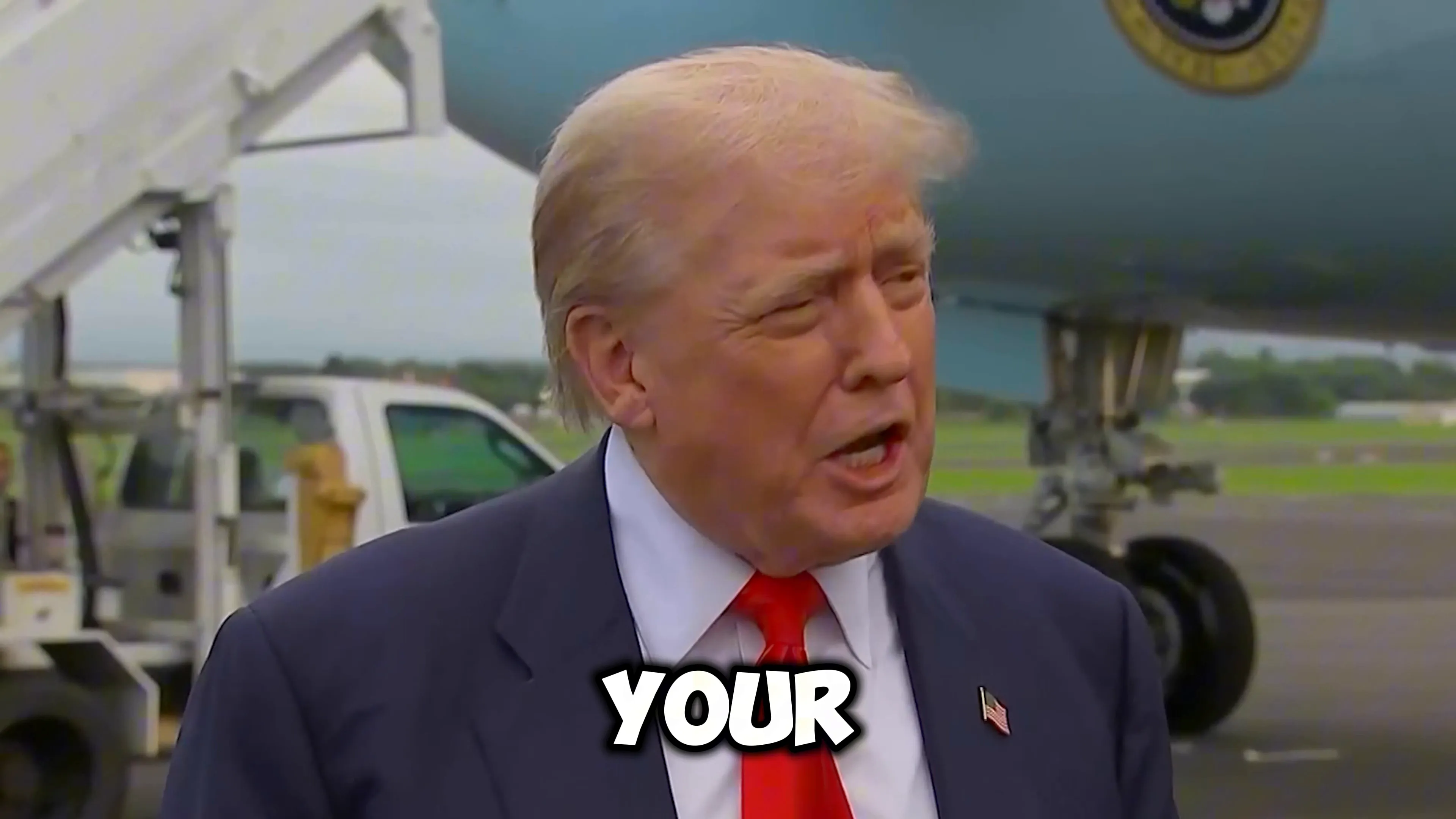
Consequences: Integration, Security, and Returns
The speakers link migration to practical concerns about welfare, integration, crime, and terrorism. A key observation from the Commission is cited: only 20% of those with a return decision are actually returned to their countries of origin. Ursula von der Leyen’s quote—“we are ready, if necessary, to accelerate the implementation of the Pact for Migration and Asylum”—is positioned against the critique that operational returns remain inadequate.
Orbán and the narrator argue that ineffective integration and generous benefits have attracted inflow, and that day-by-day anxiety is rising as crime and terrorist incidents are said to increase. The suggested political effect is mounting alienation among native populations and a shifting electoral map.
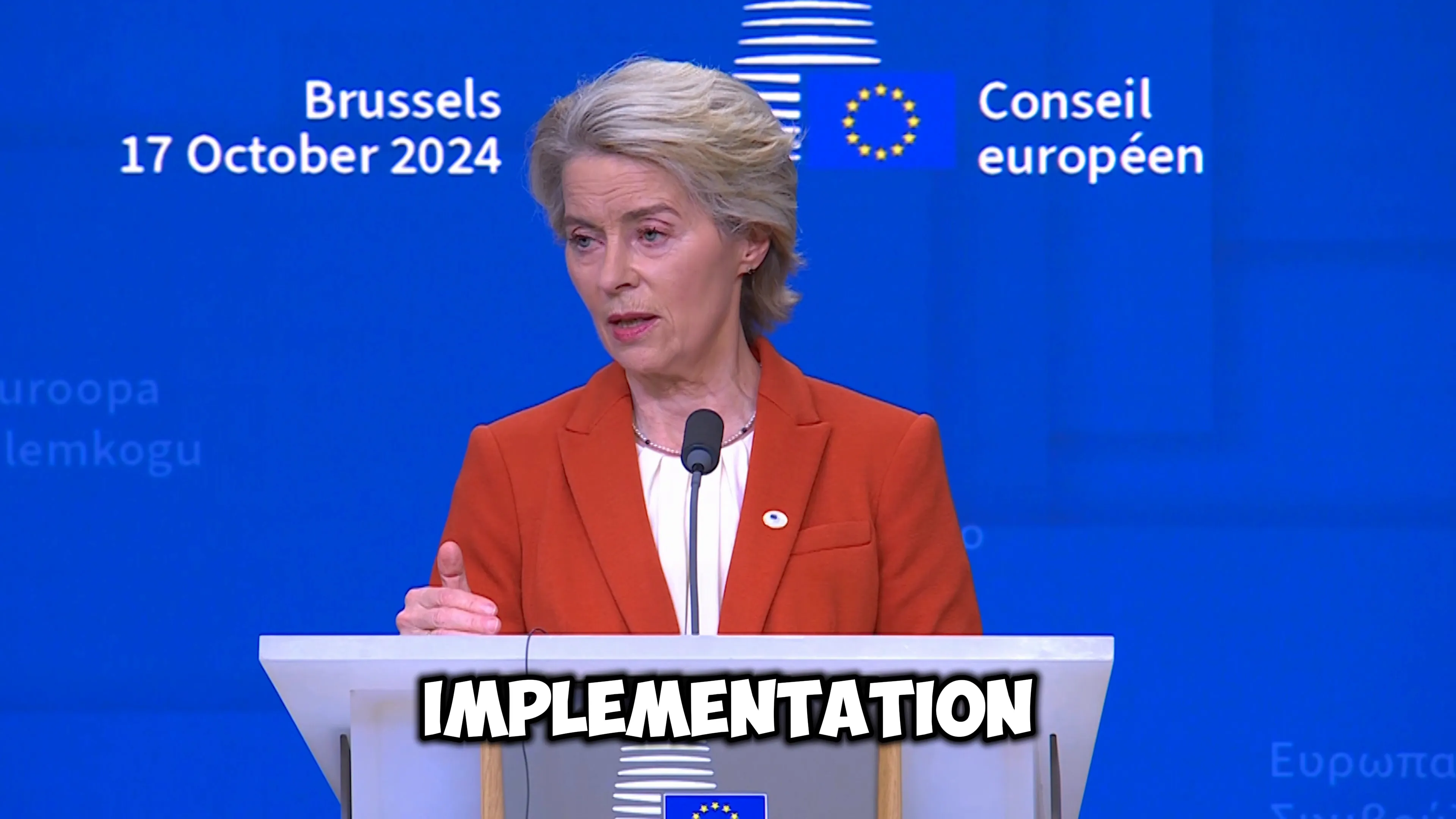
Rebellion vs. Reform: Hungary’s Approach
When reform is deemed insufficient, the proposed answer is rebellion. Orbán insists that Brussels’ rules are incompatible with the measures Hungary is taking and frames non-compliance as principled resistance. “Rebellion, rebellion, rebellion,” he repeats, explaining that Hungary pays fines—“one million euro… every day”—rather than follow the EU’s pro-migration policy.
The claim is that incremental changes from prime ministers will not alter the overall EU structure and that only active defiance can be a true “game changer.” This is a call to other governments who feel similarly constrained by European regulations.

“Silent Replacement”: Cultural Alarm and Proposed Remedies
Other contributors frame the issue as cultural survival. “What we are witnessing is not just decline. It is a replacement—a silent replacement—of our people, our culture, our way of life,” one MEP asserts, describing neighborhoods and schools that have supposedly changed beyond recognition.
The policy prescriptions that follow are uncompromising: closed borders, mass deportations, detention centers, and strict limits on welfare and accommodation for newcomers. The speakers call for protection of cultural norms and religious traditions in Europe and position those measures as a defense of European civilization.
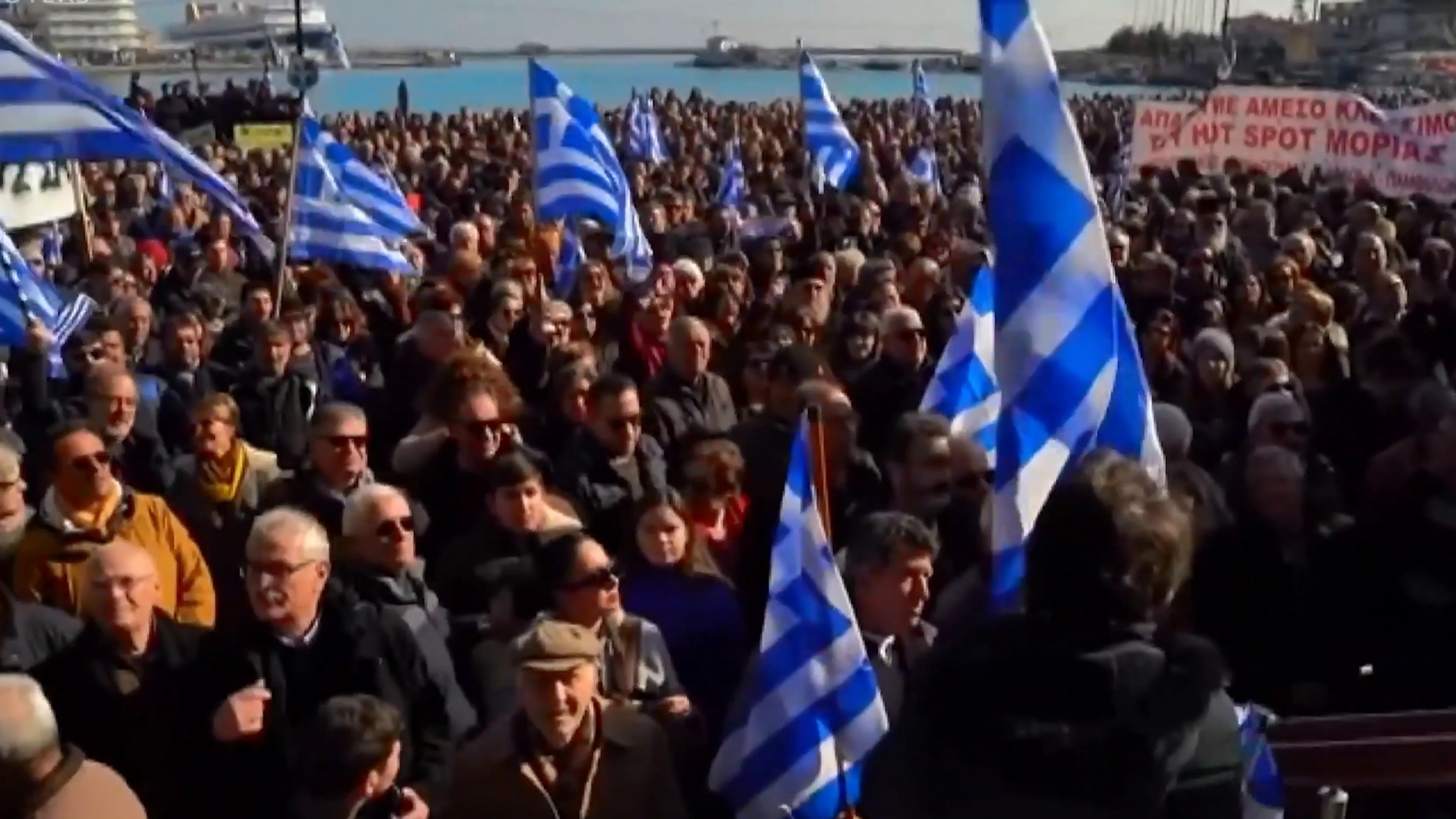
Questions Raised and Paths Forward
Do current EU institutions have the tools and the political will to manage migration in a way that answers both humanitarian obligations and the concerns voiced here? The video’s protagonists argue no—contending that the pact and slow operational returns are inadequate and that structural change or direct rebellion is necessary.
They ask: if migration reshapes voter demographics, what does that mean for democratic competition in Europe? Will newcomers vote for existing parties, create new political formations, or be absorbed into the left bloc? And how should societies balance security, integration, and values when these goals appear to clash?
Conclusion: Debate, Democracy and Direction
The speakers in this video present a cohesive narrative: borders must be enforced; migration is a demographic and political project; Brussels’ policies are inadequate; and Hungary’s defiance is offered as a model. Their language is urgent and uncompromising, intended to mobilize political actors and public opinion.
Whether one accepts their diagnoses or rejects them, the video crystallizes the core tensions in European migration politics today—sovereignty versus solidarity, cultural identity versus multicultural change, reform versus rebellion. Those tensions will shape European debates for years to come. What should democratic societies do next?
